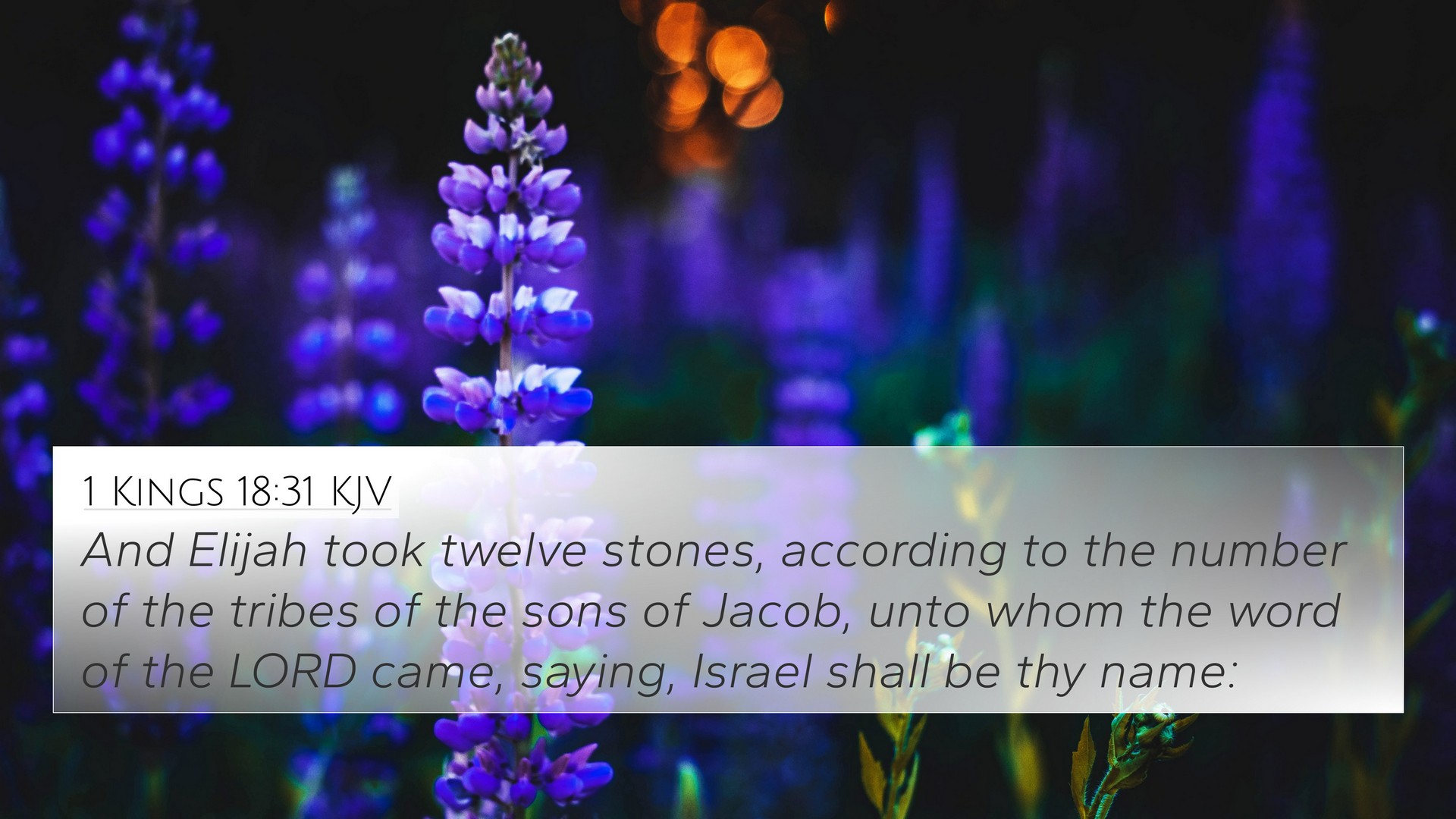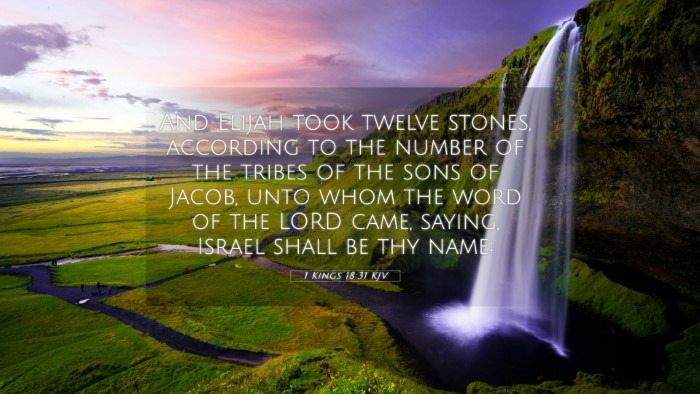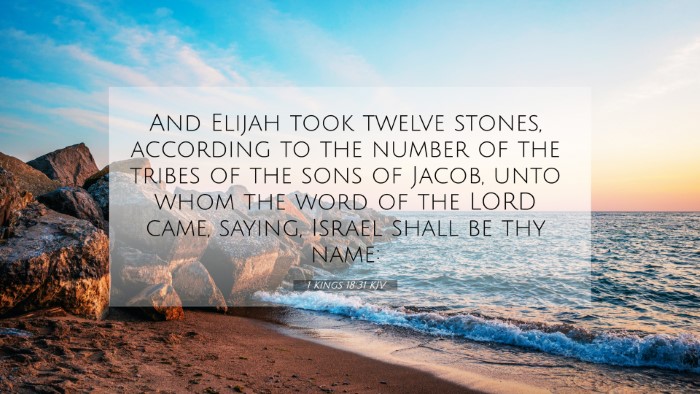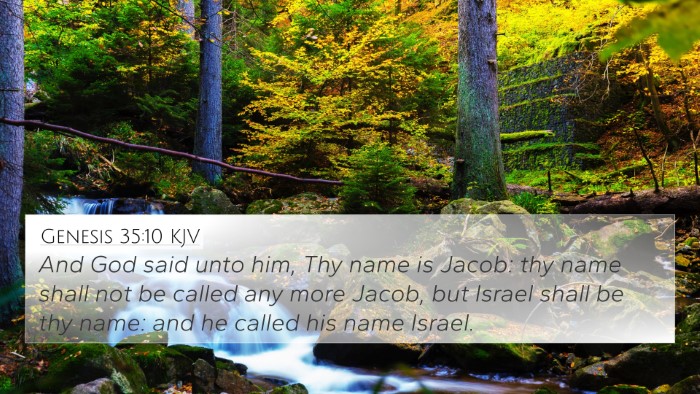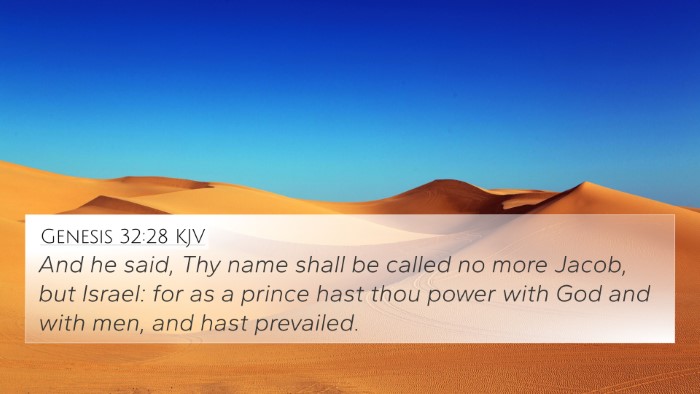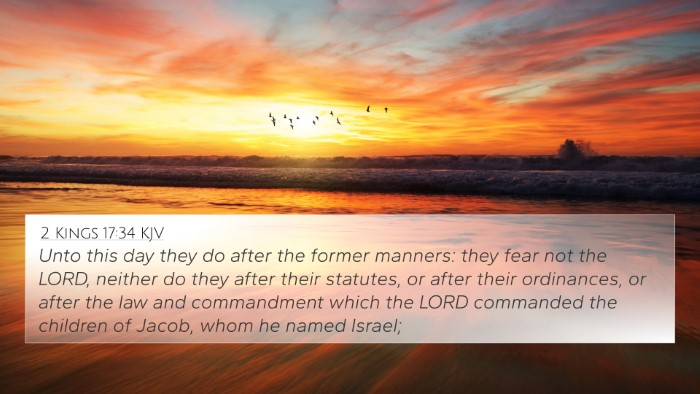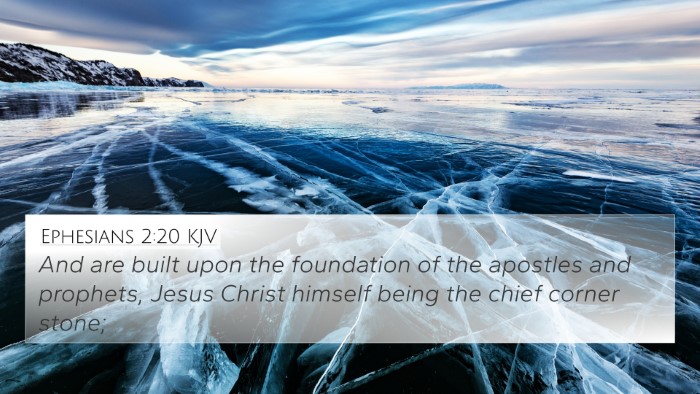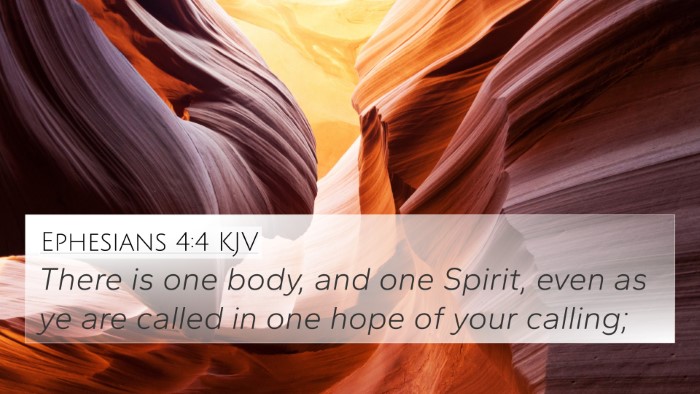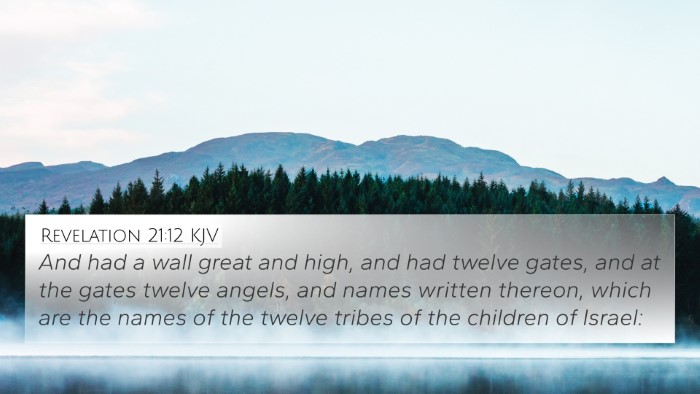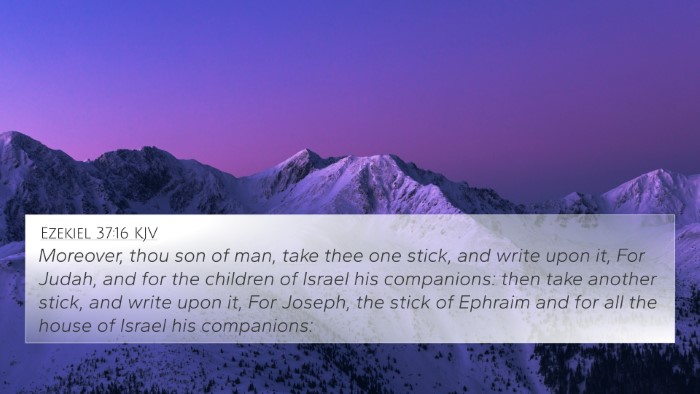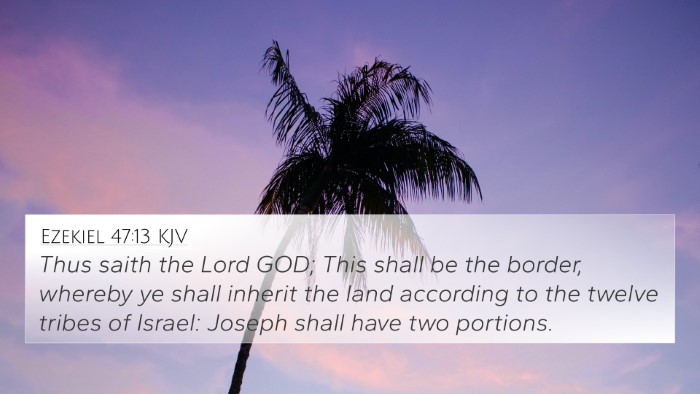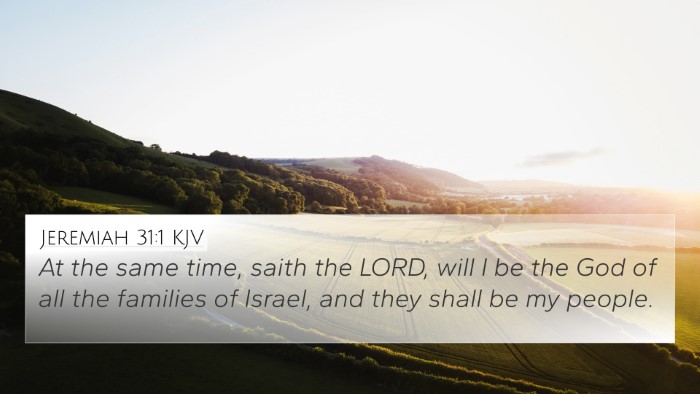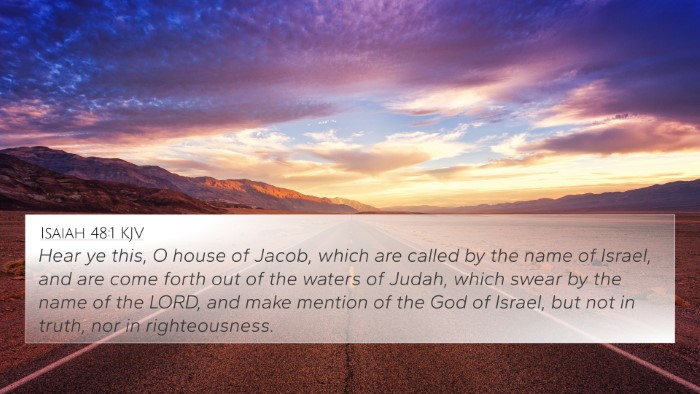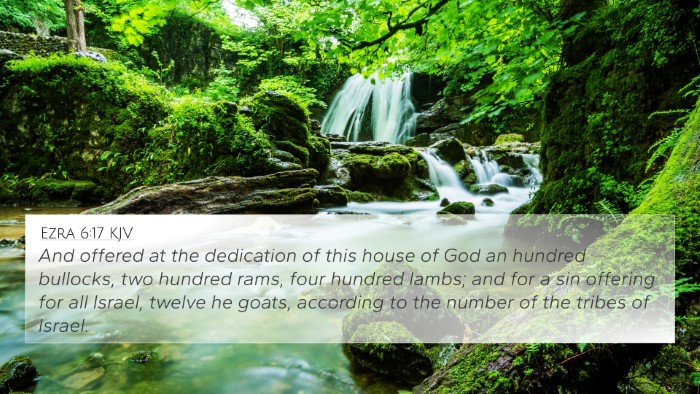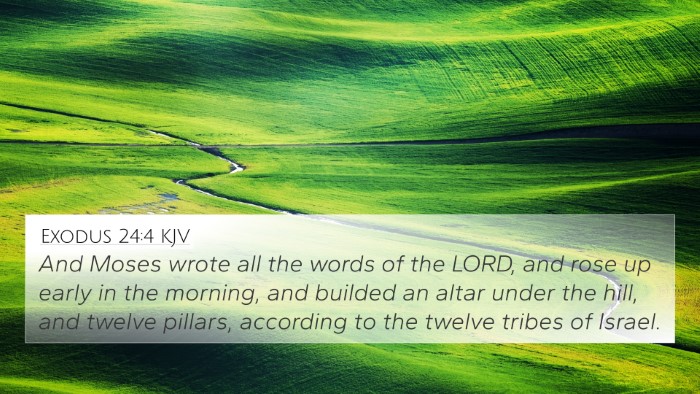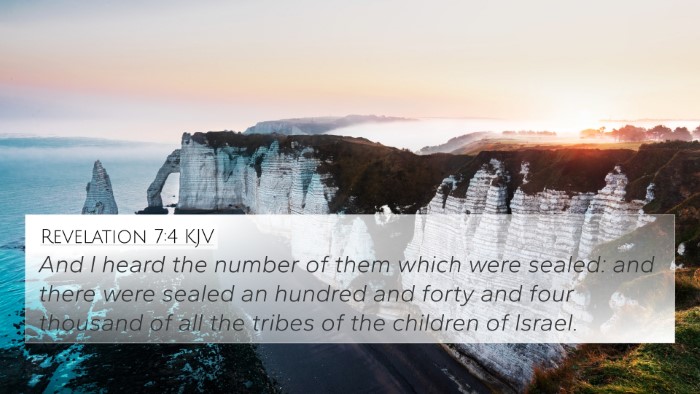Understanding 1 Kings 18:31
Verse: 1 Kings 18:31 - “And Elijah took twelve stones, according to the number of the tribes of the sons of Jacob, to whom the word of the Lord came, saying, 'Israel shall be your name.'”
Summary of Interpretation
This verse captures a pivotal moment in the biblical narrative where Elijah, the prophet, contrasts the worship of Yahweh with the idolatry of Baal during the contest on Mount Carmel. It underscores the significance of unity and heritage among the tribes of Israel, as represented by the twelve stones.
Insights from Commentaries
Matthew Henry’s Commentary
Henry emphasizes that the twelve stones signify the twelve tribes of Israel, reminding the people of their covenantal relationship with God. He highlights the importance of reinstating the true worship, indicating that Elijah's act was a reinforcement of Israel’s identity under Yahweh.
Albert Barnes’ Notes
Barnes observes that Elijah's choice of stones reflects the desire to unify the divided nation of Israel. He draws attention to the Lord's declaration to Jacob, which signifies not just a reference to heritage but also a call to return to faithfulness among a divided people.
Adam Clarke’s Commentary
Clarke interprets the twelve stones as symbols of restoration for the lost unity of the people of Israel. He notes that the context is crucial; this was a time of great apostasy, and Elijah was invoking a message of repentance and renewal for the people.
Connections to Other Bible Verses
This verse is layered with meaning and connects with several other scriptures that emphasize themes of identity, restoration, and divine calling:
- Genesis 32:28: The renaming of Jacob to Israel symbolizes God’s purpose for a nation.
- Exodus 19:6: Israel as a 'kingdom of priests' highlights their chosen status before God.
- 1 Peter 2:9: The New Testament echoes the chosen nature of believers akin to Israel.
- James 1:1: The reference to the twelve tribes underscores continued relevance for the descendants of Israel.
- Isaiah 40:1-2: The prophetic call for comfort for God’s people resonates with the themes of restoration.
- Romans 11:1-2: Paul’s discussion on the remnant reflects on God’s enduring commitment to Israel.
- Ezekiel 37:21-22: The promise of uniting the tribes further echoes the symbolism of the twelve stones.
Thematic Bible Verse Connections
The themes in 1 Kings 18:31 about identity and restoration can be cross-referenced throughout the Bible, revealing deep interconnections:
- Idolatry and Return: Jeremiah 3:11-14 illustrates the call to faithfulness.
- Divine Covenant: Deuteronomy 7:6 speaks to the chosen nature of Israel.
- Prophets of God: Hebrews 11:32-34 discusses those who acted in faith, akin to Elijah’s boldness.
Tools for Understanding Cross-References
For deeper study and analysis, several tools can enhance your understanding of cross-references in scripture:
- Bible Concordance: Lists words and their occurrences across the Bible.
- Bible Cross-reference Guide: Offers insights into related verses.
- Cross-reference Bible Study: Encourages examining connections between verses.
- Comprehensive Bible Cross-reference Materials: Resources that systematize links throughout the text.
Conclusion
The analysis of 1 Kings 18:31 provides a rich tapestry of understanding, woven through the lens of identity, restoration, and divine covenant. The verse serves as a call not only to the historical Israelites but also to modern believers, reinforcing the thematic connections across the entire canon of scripture.
Further Study
For those looking to dive deeper into the connections and meanings, consider exploring:
- How to find cross-references in the Bible.
- Identifying connections between Old and New Testament verses.
- Comparative study between the covenantal themes in Genesis and their New Testament fulfillments.
